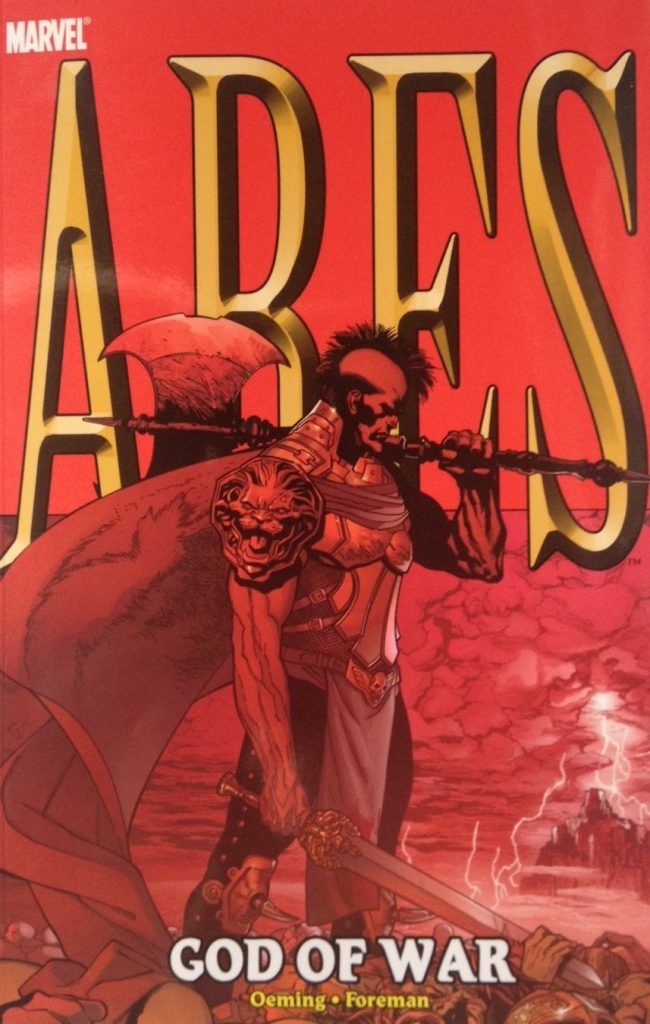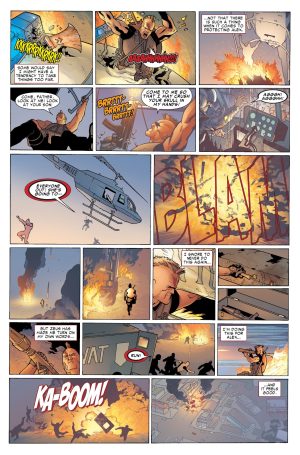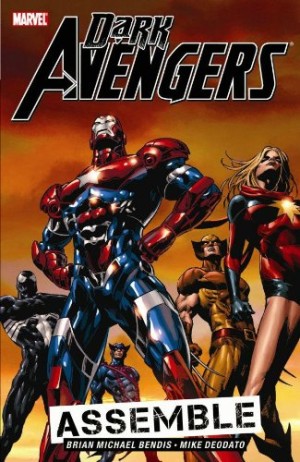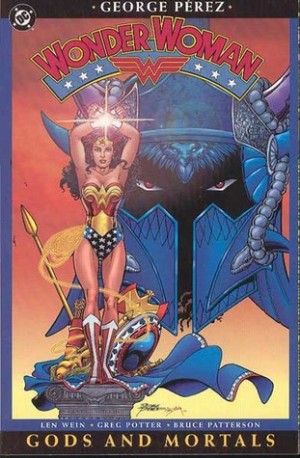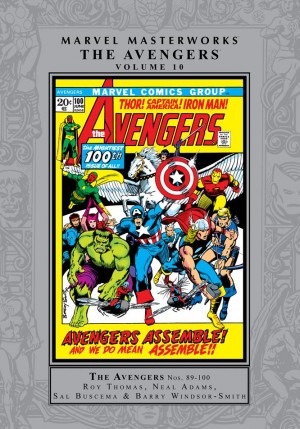Review by Ian Keogh
Of all the ways Greek god of war Ares has been portrayed over the years, Michael Avon Oeming is probably the first to consider he’d him as mortal looking after his young son Alex and working on a building site. It’s not going to take a genius to predict that domestic contentment isn’t how things will remain, and sure enough, it’s not long before Alex is abducted, causing Ares to go postal.
Once Oeming has dealt with the predictable set-up and a brief step into Punisher territory God of War becomes a whole lot more interesting. Prior to the domestic bliss Oeming and Travel Foreman have taken three wordy spreads explaining why it is that Ares has turned his back on Olympus, and how it is the gods scorn him and his role. When the gods of the East lay siege to Olympus, though, and prove more than a match for the residents, they decide perhaps they need Ares after all. Oeming seems to be drawing parallels between the US and its uneasy relationship with soldiers outside wartime.
In places Foreman’s art seems clumsy, and in others he really puts effort in. He’s at his best among the gods, drawing on classical interpretations and producing some startling illustrations. In comparison Ares on Earth is ordinary. Thankfully, little of the action takes place on Earth.
The main threat eventually becomes the amoral Japanese god Amatsu Mikaboshi and the manipulations he induces. These take a predictable path toward an inevitable climax, and while that climax is awaited, there’s some ponderous contemplation about fate and destiny. What separates this from the usual soul searching is the considerable amount of time that elapses over God of War, providing a gravitas. However, although the epic is the aim, Oeming never succeeds in fully engaging readers with a threat spread too thin.
